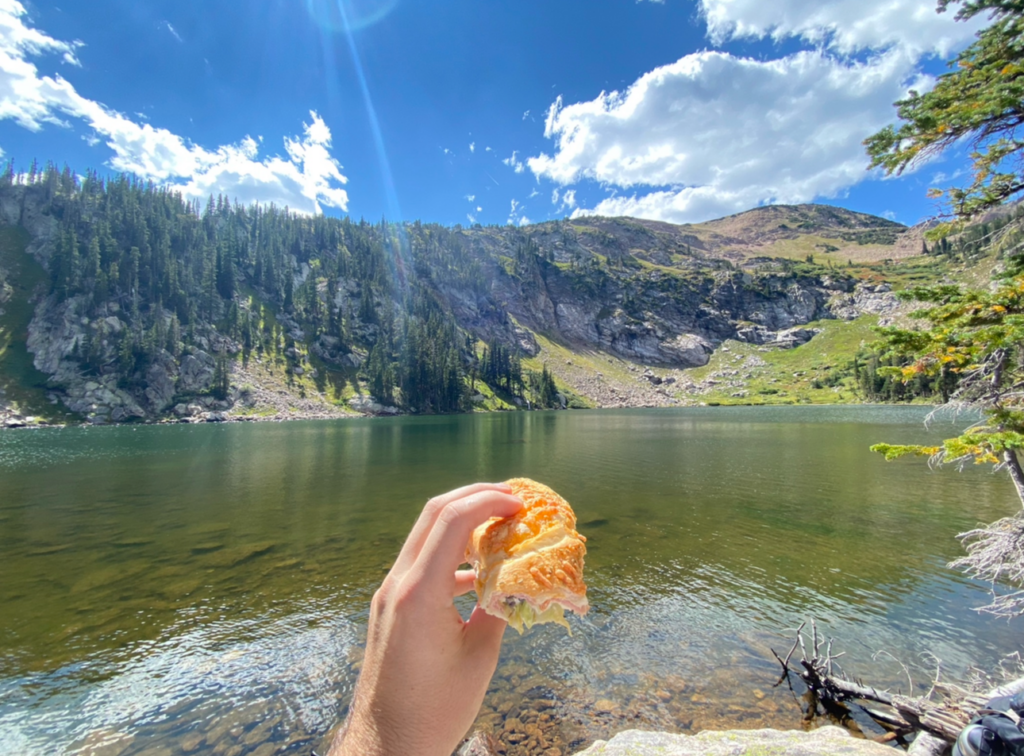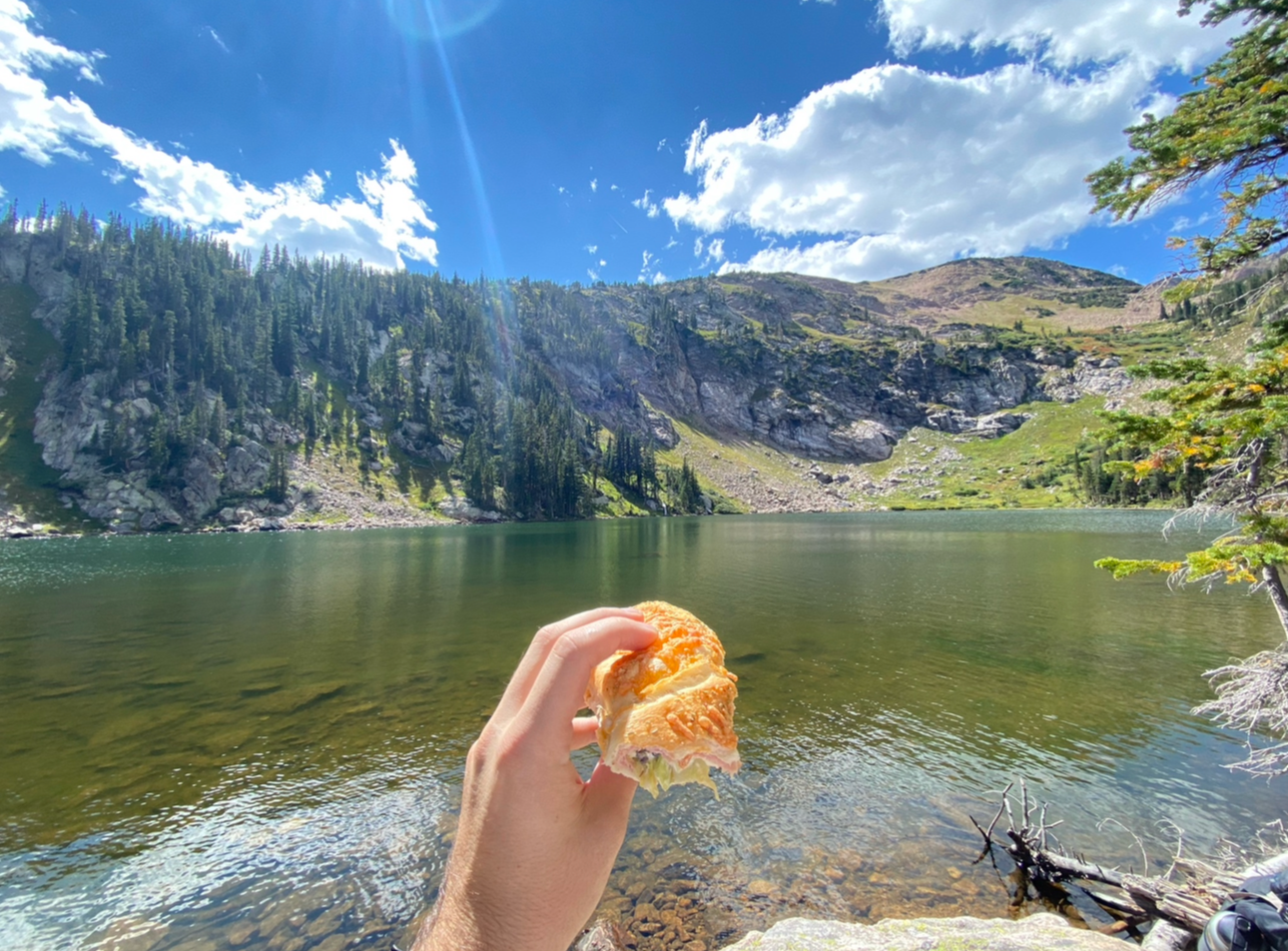
Traveling the world and embarking on new adventures is a dream many of us share, but the financial aspect often feels like a significant barrier. However, with a bit of planning and smart saving strategies, exploring new destinations doesn’t have to break the bank. Whether you’re dreaming of a tropical getaway, a backpacking trip through Europe, or a road trip across your own country, saving money for travel is the first step to turning those dreams into reality. In this blog, I’ll share practical tips and strategies that will help you build your travel fund faster, spend wisely, and make the most out of every dollar. Let’s dive into how you can start saving for your next big adventure without sacrificing your financial stability.
Outdoor adventures can be pricey, but there are plenty of ways to make them more affordable without sacrificing the experience. Here are ten tips to help you save money:
1. Plan Ahead and Book Early
- Research Your Destination: Before setting out, research the best times to visit your chosen destination. Off-peak seasons often offer lower prices on accommodations, activities, and even flights. For instance, visiting popular hiking destinations in the shoulder seasons (early spring or late fall) can provide significant savings.
- Early Bird Discounts: Many campsites, lodges, and tour operators offer early bird discounts. Booking your accommodations and activities several months in advance can secure lower rates. This is particularly important for popular national parks or outdoor events where spots fill up quickly.
2. Use National Parks Passes
- America the Beautiful Pass: If you’re in the U.S., consider purchasing the “America the Beautiful” annual pass, which grants access to over 2,000 federal recreation sites, including national parks, forests, and wildlife refuges. The pass costs around $80, but it can pay for itself after just a few visits.
- State Park Passes: Many states offer annual passes for state parks, which can also provide great value if you plan to visit multiple parks within the state. These passes often include discounts on camping and parking fees as well.
3. Borrow or Rent Gear
- Ask Friends and Family: Before investing in new gear, check with friends and family to see if you can borrow what you need. This is especially useful for items you might not use frequently, like snowshoes or kayaks.
- Rent Locally: If you’re flying to your destination, renting gear locally can save on baggage fees. Many outdoor shops near popular adventure spots offer rental services for everything from tents to bikes. Some cities even have gear libraries where you can borrow equipment for free or at a low cost.
4. Shop Sales and Second-Hand
- End-of-Season Sales: Outdoor retailers often have significant markdowns on gear at the end of a season. For example, you can find great deals on winter gear in early spring or on summer camping gear in the fall. Keep an eye on clearance sections both online and in-store.
- Buy Used Gear: Check out online marketplaces like eBay, Craigslist, or Facebook Marketplace for second-hand gear. You can often find lightly used equipment for a fraction of the cost of new items. Gear swaps, held by outdoor clubs or local communities, are also excellent opportunities to score deals on used gear.
5. Carpool or Share Costs
- Share Rides: If you’re traveling with a group, carpooling can significantly reduce travel costs. Not only will you save on gas, but you can also split the cost of tolls, parking fees, and even vehicle maintenance.
- Group Discounts: Look for group discounts on activities like guided tours, boat rentals, or even lift tickets for skiing. When splitting costs among several people, activities that might seem expensive individually can become much more affordable.
6. Opt for Free or Low-Cost Activities
- Free Hiking Trails: Many outdoor adventures, like hiking, swimming, or stargazing, don’t require any special permits or fees. Research local trails and outdoor areas that are free to access. Some regions have extensive public lands or nature reserves that offer stunning landscapes without the entry fees of national parks.
- Free Entry Days: If your adventure involves visiting national or state parks, look for free entry days. In the U.S., the National Park Service offers several free days each year, including Martin Luther King Jr. Day and National Public Lands Day. Take advantage of these days to explore popular parks without the usual entrance fees.
7. Prepare Your Own Meals
- Meal Planning: Plan your meals ahead of time to avoid the temptation of expensive, last-minute purchases. Simple, non-perishable foods like oatmeal, pasta, and canned goods are easy to prepare and can be bought in bulk. Prepping meals at home and packing them in coolers can save time and money on the trail or at the campsite.
- Portable Cooking Gear: Invest in a lightweight camping stove or portable grill, which will allow you to cook wherever you are. Even a basic stove can enable you to make hot meals, coffee, or tea, enhancing your experience without the cost of dining out.
8. DIY Repairs and Maintenance
- Learn Basic Gear Repair: Outdoor gear can be expensive to replace, so learning how to do basic repairs can save you money. Simple fixes like patching a tent, re-waterproofing jackets, or replacing broken backpack straps can extend the life of your equipment. There are plenty of online tutorials and guides that can teach you how to do these repairs yourself.
- Regular Maintenance: Regularly clean and store your gear properly to ensure it lasts longer. For example, always clean your tent before storing it, dry out sleeping bags completely to prevent mold, and check your gear for wear and tear after each trip.
9. Join Outdoor Groups or Clubs
- Membership Perks: Many outdoor groups or clubs offer discounts on gear, travel, and events to their members. These groups can also provide access to exclusive trips, workshops, and social events that help you connect with like-minded adventurers.
- Find Travel Companions: Joining these groups can also help you find travel companions to share costs with. Whether you’re looking for someone to split gas on a road trip or share a campsite, these communities are full of potential travel buddies.
10. Prioritize Essential Gear
- Invest in Versatile Gear: Focus on purchasing high-quality, versatile gear that you’ll use on multiple adventures. For instance, a good pair of hiking boots, a reliable backpack, or a quality tent can be used for a variety of activities. Spending a bit more on these essentials can save you from having to replace cheaper, less durable gear frequently.
- Wait Before Buying Non-Essentials: Before buying additional gear, assess how often you’ll actually use it. For items you might only need for one trip, consider renting or borrowing. This approach prevents overspending on equipment that might just sit in your closet most of the time.
With these detailed strategies, you can embark on incredible outdoor adventures while keeping your expenses in check.
Why is it important to us?
Saving money to travel and adventure is important for several reasons, as it not only allows you to explore the world more freely but also enhances your overall experience. Here’s why:
1. Maximizes Experiences Without Stressing Finances
- When you save specifically for travel and adventures, you can fully enjoy your trips without worrying about how you’ll pay for them. Financial stress can dampen the excitement of an adventure, so having a dedicated travel fund ensures that your finances won’t be a burden while you’re trying to enjoy new experiences.
2. Enables Longer and More Frequent Trips
- The more you save, the more opportunities you have to explore. A well-planned budget can extend your travel time, allowing you to stay longer in each destination or take multiple trips throughout the year. Saving also means you can afford to visit more diverse and far-off places, rather than limiting yourself to local or less expensive destinations.
3. Provides Flexibility for Spontaneity
- When you have savings set aside for travel, you can take advantage of spontaneous opportunities, such as last-minute deals on flights or accommodations. This flexibility allows you to seize unique travel experiences that you might miss if you were financially unprepared.
4. Allows for Better Travel Experiences
- With savings, you’re more likely to afford higher-quality experiences, such as guided tours, unique activities, or staying in comfortable accommodations. These enhanced experiences can make your adventures more memorable and enjoyable, giving you more value for your money.
5. Encourages Financial Discipline and Goal Setting
- Saving for travel helps you develop financial discipline and goal-setting skills. It encourages you to prioritize what’s important, cut unnecessary expenses, and make thoughtful financial decisions. This discipline can translate into other areas of your life, leading to better overall financial health.
6. Helps You Achieve Personal Growth
- Travel and adventure are often seen as investments in personal growth and well-being. By saving for these experiences, you’re investing in yourself—expanding your horizons, learning about different cultures, and gaining new perspectives. The personal development that comes from these experiences can be invaluable, making the financial investment well worth it.
In summary, saving money for travel and adventure is crucial because it enhances your ability to explore the world in a way that is financially sustainable, enriching, and fulfilling. It allows you to travel more frequently and deeply, while also ensuring that your adventures contribute positively to your overall well-being and financial health.
How we save money for an adventure
1. Set Clear Travel Goals
The first step to saving money for travel is knowing exactly what you’re saving for. Start by defining your travel goals:
- Destination: Where do you want to go?
- Duration: How long will your trip be?
- Activities: What do you want to do while you’re there?
- Budget: How much will it cost?
Having a clear picture of your trip will help you determine how much you need to save. Break down your estimated costs into categories like flights, accommodations, food, activities, and emergency funds. This way, you have a specific savings target to work towards.
2. Create a Dedicated Travel Fund
Once you know how much you need, create a separate savings account dedicated to your travel fund. This makes it easier to track your progress and resist the temptation to dip into your travel savings for other expenses. Consider setting up an automatic transfer from your main account to your travel fund each time you get paid. Even small, regular contributions can add up quickly over time.
3. Cut Unnecessary Expenses
Take a close look at your current spending and identify areas where you can cut back. This could include:
- Dining Out: Reduce the number of times you eat out each month and cook more meals at home.
- Subscriptions: Cancel or pause subscriptions you don’t use frequently, such as streaming services, magazines, or gym memberships.
- Impulse Purchases: Before buying something, ask yourself if you really need it or if that money could go towards your travel fund instead.
By cutting down on these non-essential expenses, you can redirect those savings into your travel fund, getting you closer to your goal.
4. Find Ways to Increase Your Income
If cutting expenses isn’t enough, consider finding ways to increase your income. Here are some ideas:
- Freelancing: Offer your skills online, whether it’s writing, graphic design, or consulting.
- Part-Time Work: Pick up a part-time job or gig work like ridesharing or delivery services.
- Selling Unused Items: Declutter your home and sell items you no longer need. Online platforms like eBay, Craigslist, or Facebook Marketplace are great for this.
Any extra income you earn can be directly deposited into your travel fund, helping you save faster.
5. Take Advantage of Travel Rewards
Sign up for travel rewards credit cards that offer points or miles for every dollar spent. Many of these cards come with sign-up bonuses that can significantly boost your travel fund. Use your card for everyday purchases, but be sure to pay off the balance in full each month to avoid interest charges. Accumulated points can be redeemed for flights, hotels, or other travel-related expenses, reducing the overall cost of your trip.
6. Plan and Book in Advance
Booking your travel arrangements well in advance can save you money. Flights, accommodations, and even some activities are often cheaper when booked early. Keep an eye out for sales, discounts, and promotions, and be flexible with your travel dates to take advantage of the best deals. Additionally, consider using fare comparison websites and setting up alerts for price drops on flights or hotels.
7. Save on Daily Expenses While Traveling
Once you’ve saved up and are on your adventure, there are ways to stretch your budget further:
- Accommodation: Look for budget-friendly options like hostels, guesthouses, or vacation rentals. Consider staying in less touristy areas, which are often cheaper.
- Meals: Save on food costs by cooking your own meals or eating at local markets and food stalls instead of restaurants.
- Transportation: Use public transportation, walk, or rent a bike to get around instead of relying on taxis or rideshares.
Being mindful of your spending while traveling allows you to make the most of your trip without running out of funds.
8. Prioritize What Matters Most
When planning your trip, prioritize the experiences that matter most to you. If there’s a specific activity or destination you’ve always dreamed of, allocate more of your budget towards that. Conversely, be willing to compromise on less important aspects to save money. This way, you can still enjoy the highlights of your trip without overspending.
9. Embrace Free and Low-Cost Activities
Travel doesn’t have to be expensive to be fulfilling. Many destinations offer free or low-cost activities that are just as enjoyable as paid attractions. Hiking, exploring local markets, visiting parks, and attending free events or festivals can provide rich experiences without the price tag. Researching in advance can help you find these hidden gems.
10. Stay Disciplined and Motivated
Saving money for travel requires discipline and consistency. Stay motivated by keeping your travel goals in mind. Visualize your trip, watch travel videos, read blogs, and remind yourself of the amazing experiences you’ll have once you reach your savings goal. The more you stay focused, the easier it will be to resist splurging on things that don’t contribute to your adventure fund.
Saving money for travel might seem challenging at first, but with these practical tips, you can build your travel fund steadily and efficiently. Remember, every dollar saved brings you one step closer to your dream adventure. Start planning, stay disciplined, and before you know it, you’ll be off exploring new places and creating memories that will last a lifetime. Happy saving and happy travels!


